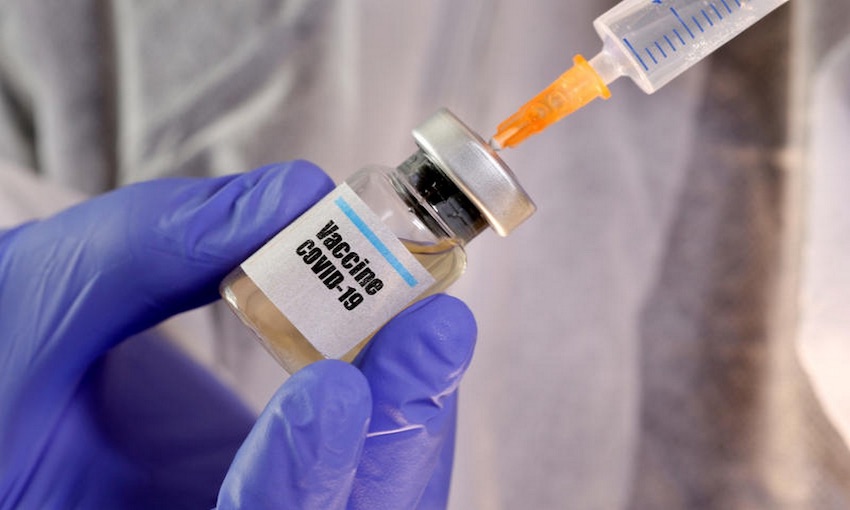LOGISTICS and supply chain specialist DHL has released a study, developed with McKinsey & Company, on securing a stable supply chain for vaccines and medical goods during COVID-19 and future health crises.
With first emergency use crises authorizations for COVID-19 vaccines expected to be effective in the last quarter of 2020, logistics providers are challenged to rapidly establish medical supply chains to deliver more than ten billion doses worldwide.
The paper says a better understanding of recent disruptions in the medical products supply chain can help governments as well as pharmaceutical and medical equipment companies better prepare for future emergencies.
“Over the past few months, we have demonstrated that sufficient planning and appropriate partnerships within the supply chain can play a key role as governments work to secure critical medical supplies during health emergencies such as this,” Katja Busch, chief commercial officer DHL, said.
“Forming partnerships with logistics service providers who can complement existing network-related capabilities will be a strategic necessity in securing lifesaving products and supplies during the inevitable next crisis.”
DHL suggests a five-pronged approach including public-private collaboration; an emergency response plan; a partnership network; physical logistics infrastructure; IT-enabled supply chain transparency; and a special response unit.
“To respond effectively to the next public health crisis, governments need to start putting strategies and structures in place today, rather than relying on reactive, ad hoc measures when the crisis hits,” the paper states.
DHL says a strong infrastructure, including a pre-established network of warehouses and transportation capabilities, can help ensure a sufficient stock of critical supplies.
“A response unit also needs to be in a position to make these critical activities happen. Positioning it high in the government will give it the authority and credibility it needs to act effectively.
“The unit should also be agile and relatively unconstrained with a clear mandate and an effective communication strategy,” the paper states.
Currently, more than 250 vaccines across seven platforms are being developed and trialled. As COVID-19 vaccines have leapfrogged development phases, stringent temperature requirements (up to -80°C) are likely to be imposed for certain vaccines to ensure that their efficacy is maintained during transportation and warehousing.
“This poses novel logistics challenges to the existing medical supply chain that conventionally distributes vaccines at ~2–8°C,” the paper states.
In the paper, DHL evaluates how the transport of vaccines as a highly temperature-sensitive product can be managed effectively to combat the further spread of the virus. The scope of this task is immense: To provide global coverage of COVID-19 vaccines, up to ~200,000 pallet shipments and ~15 million deliveries in cooling boxes as well as ~15,000 flights will be required across the various supply chain set-ups.

